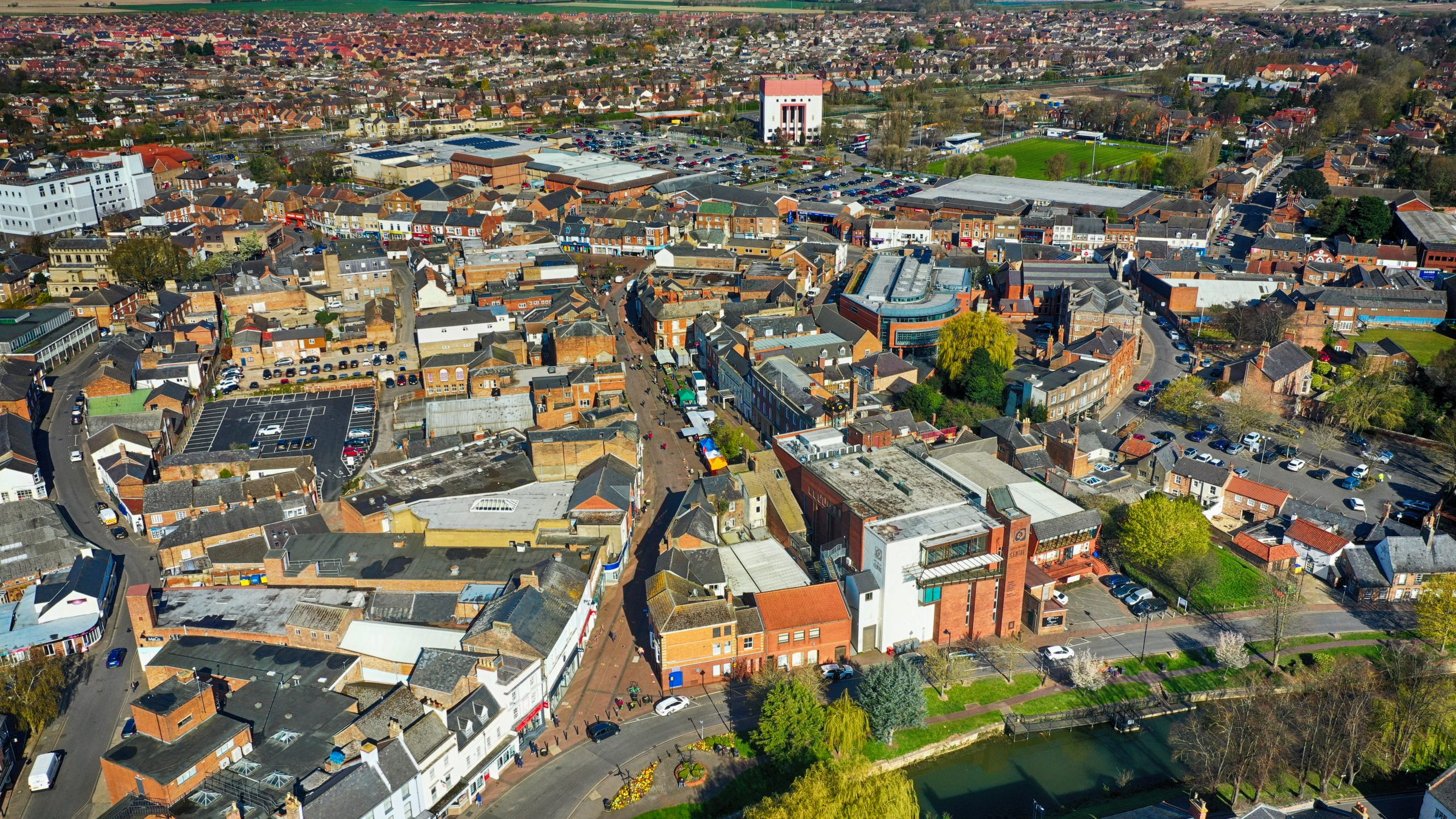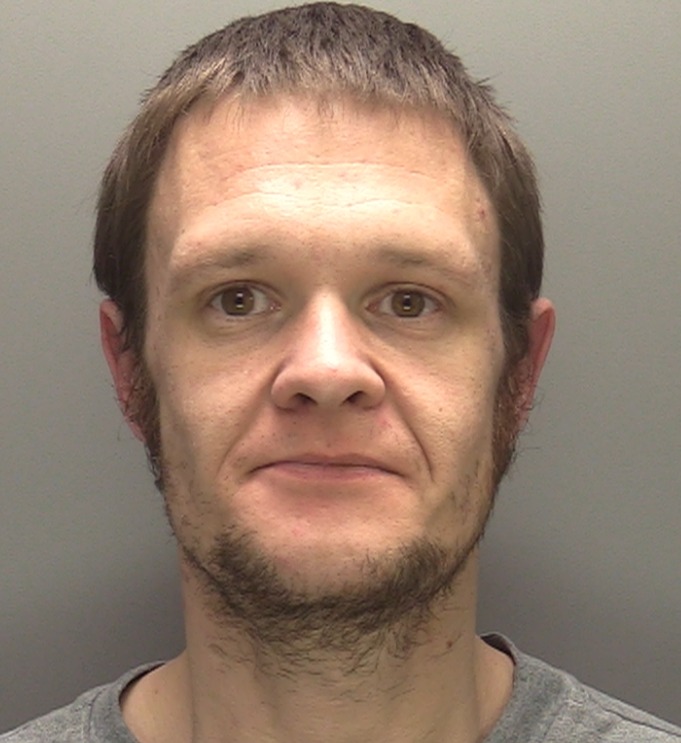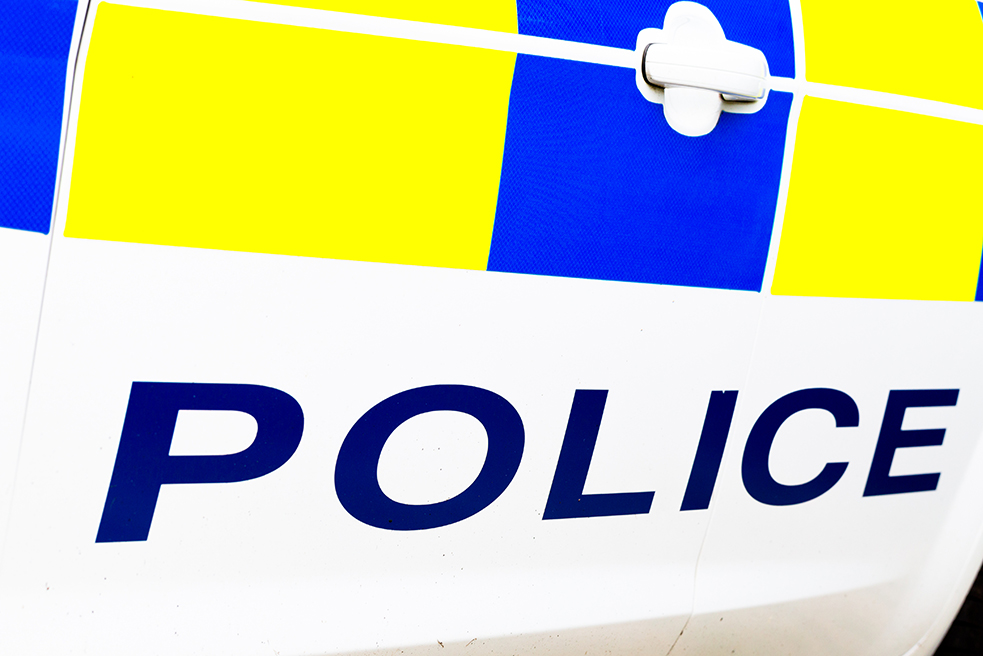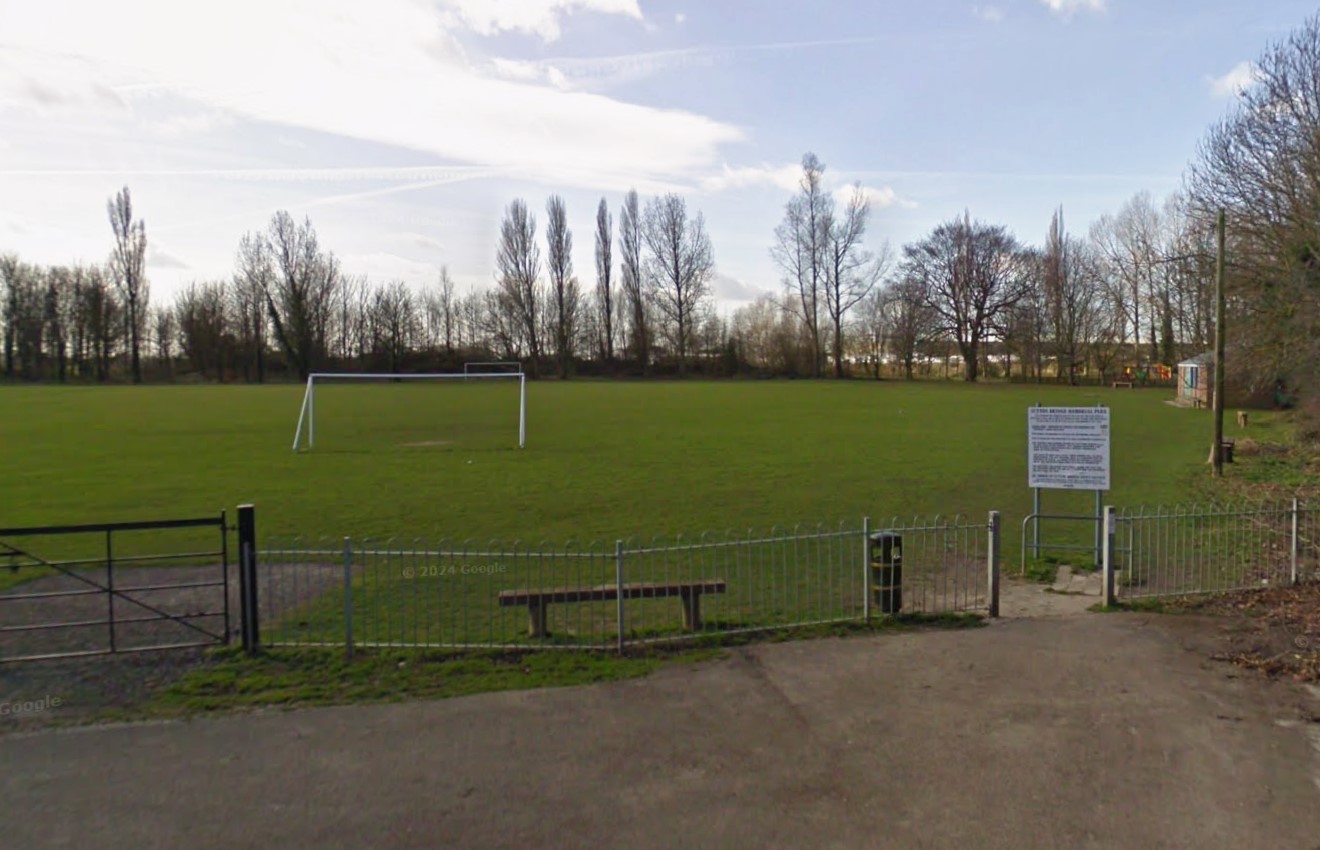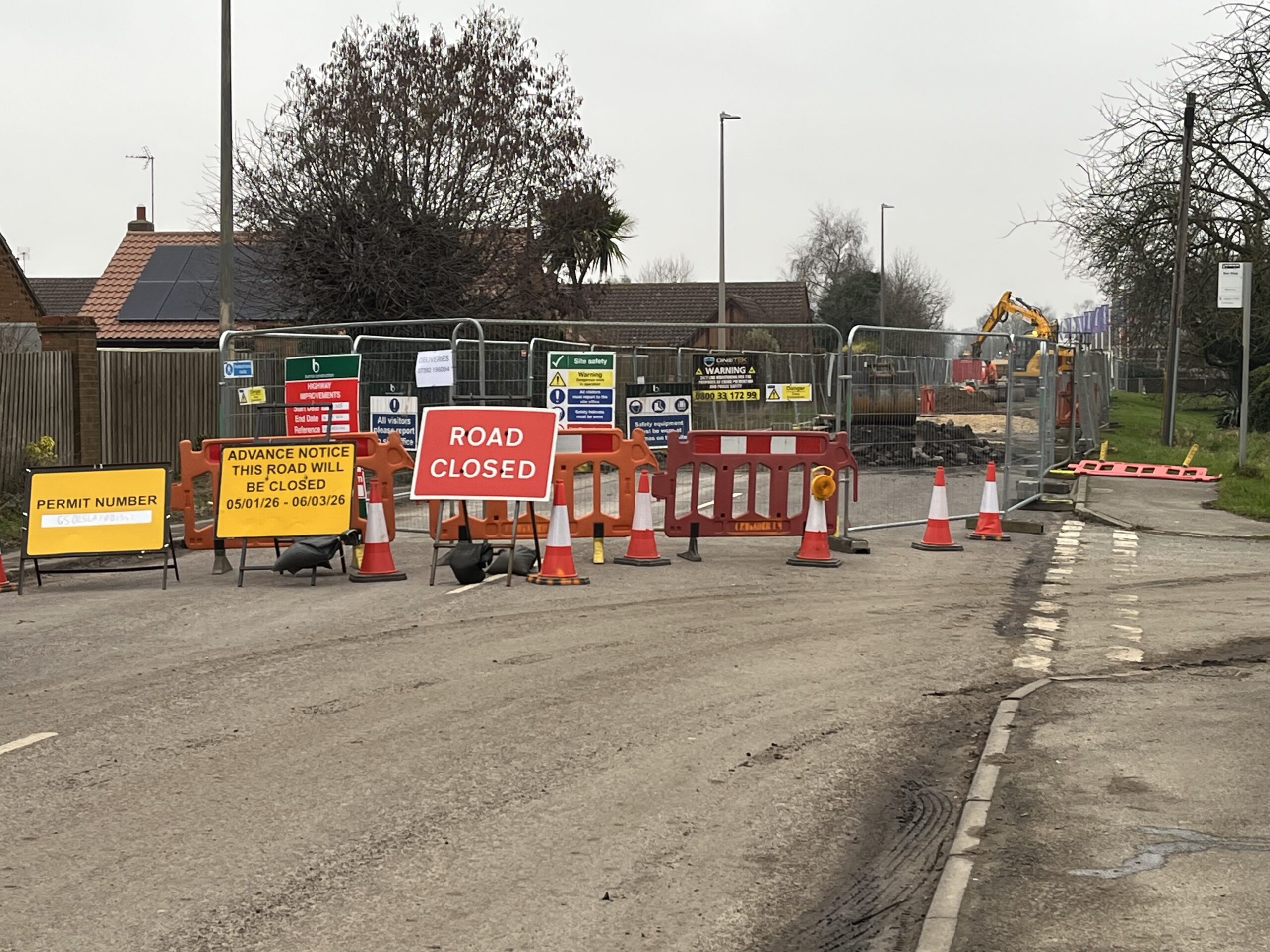
Lincolnshire Police are refusing to tell the public which are the county’s busiest and most lucrative road safety cameras – for fear the machines will be attacked.
Despite admitting that it would create greater awareness of speeding hotspots, they have declined to give details about the number of offences and the revenue of the highest earners among the 52 fixed cameras.
“If individuals were to have knowledge of our most prolific speed cameras they are likely to be destroyed,” police said.
A leading road safety campaigner in South Holland has supported the stance on the grounds that he would not want cameras taken out of commission due to damage. However, the non-disclosure will do little to dispel the belief held by some motorists that cameras are seen as an important source of revenue for the government.
Spalding resident Rodney Sadd accepts there is a minority of people willing to damage cameras, but believes the public should know the county’s busiest.
He said: “The cameras are there for safety and speed reduction, but if we are talking about the police being open and honest and transparent then the figures should be released.”
He added: “If the cameras are high earners it just shows that those cameras are not doing their job.”
The Voice understands that the camera on the A151 High Road at Whaplode was recently said to account for a third of the county’s total camera revenue.
It has been previously revealed that between June 2011 and April 2012, more than £214,000 was raised as 3,577 speeding vehicles were photographed.
Some cameras – such as the one in Whaplode – are now surveilled by CCTV after suffering attacks in the past.
Bob Creese, district councillor for Whaplode, successfully campaigned for a series of speed reduction measures in the village, including a lowering of the limit from 40mph to 30mph and an interactive sign on the eastbound side.
He said: “It’s usually an individual who’s been done by a camera that returns to set fire to the thing.”
On the likelihood of cameras being taken out of commission following attacks, he added: “I wouldn’t want to make the police’s job more difficult.”
Lincolnshire Police says disclosing details of the most prolific cameras would “lead to transparency and prompt discussion and debate amongst the general public”.
However, their counter-argument – assuming cameras were attacked and rendered inoperable – is: “Individuals who break the law on the road on would not be held accountable for their crimes.
“Traffic incidents could rise and if this was the case the general public will be at significant risk.”
A reply to the The Voice’s Freedom Of Information request included a link to a Daily Mail article from five years ago, claiming that two cameras on one stretch of road in East Dorset were set alight on consecutive weekends, and four others had been vandalised in the county during the past year.
And the response added: “Lincolnshire Police would never release information that they believed would have a detrimental impact on the public they protect and the law they uphold.
“Despite creating more awareness and debate within the public domain, it is for this reason that the information is being refused.”
Safety cameras are operated by the multi-agency Lincolnshire Road Safety Partnership, which includes county council, police and highways.
It says: “Through the use of safety cameras [the partnership] seeks to reduce casualties caused by collisions, where excessive or inappropriate speed is a causation factor, by highlighting potentially dangerous areas and making motorists aware of the camera locations so they may slow down through those sites.”
- Is the police’s non-disclosure stance the correct one? Email us at [email protected]



